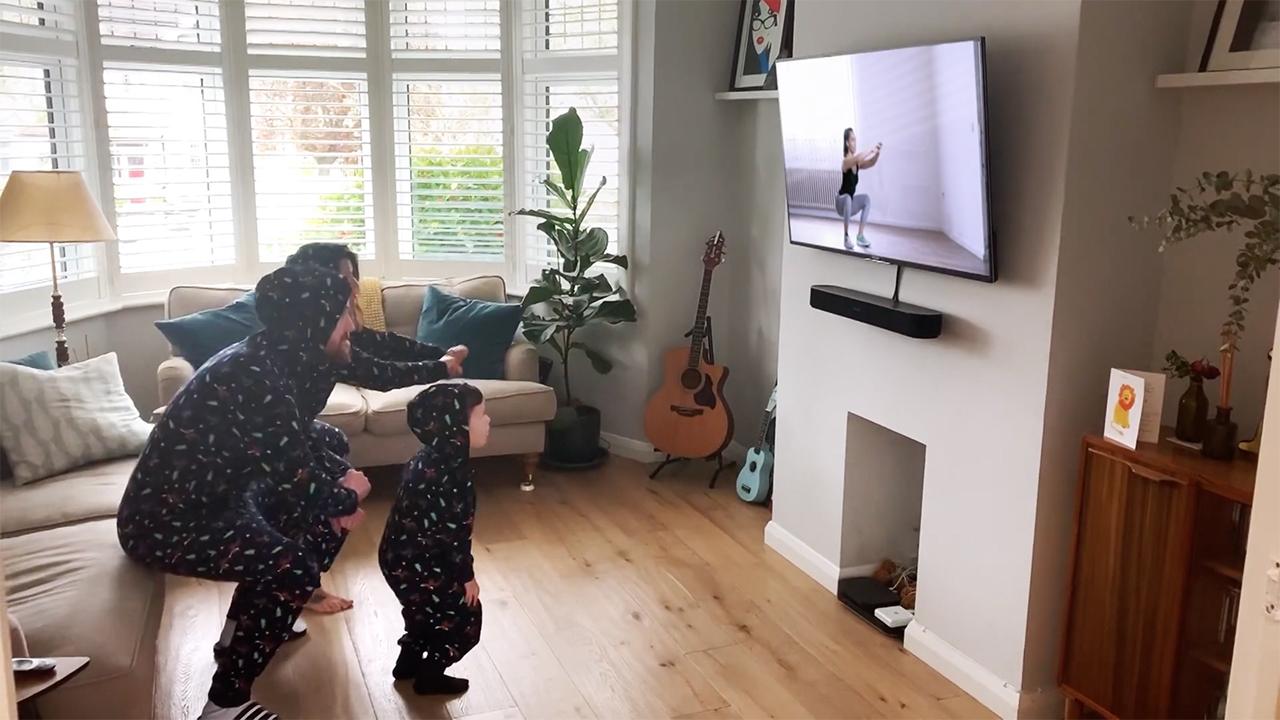Behavioral scientist and author of The Choice Factory, Richard Shotton, explains why life-changing events such as we are living thorough now will change customers purchasing habits – and brands should avoid being left behind.
In 1665 the plague was ravaging Cambridge. A 24-year old Isaac Newton fled from Trinity College and returned to his remote childhood home. This period of 17th century social distancing became known as his ‘year of wonders’, when he laid the foundations for his greatest ideas.
More than 350 years later, browsing BBC Bitesize while home-schooling my kids, I came across his First Law of Motion, something I hadn’t seen in 30 years. It states that an object will remain in the same state of movement unless another force acts upon it.
Newton was, of course, referring to physical objects, but something remarkably similar happens to people and it helps explain many consumer buying patterns.
Why people are like particles
When you want to buy a book online, you don’t weigh up the merits of every bookseller. You tend to default to where you shopped last time.
When you search for information, you don’t contemplate the various strengths and weaknesses of the various search engines. You fire up Google.
When you drive to the shops for food, you don’t weigh up the costs and benefits of all the potential supermarkets within driving distance. You head to where you went last time.
We have so many decisions to make each and every day that we don’t weigh them all up in a fully considered manner. If we did, we would never get out of the house. Instead, we speed up the process by deferring to habit.
Like one of Isaac’s particles, we stay on the same course from day to day. But like those particles, if we hit a countering force, that all changes.
I think that today, we’re in the grips of a major countering force. The beginning – and hopefully, in a few months the end - of social distancing.
But before exploring that, let’s take a step back and look at the evidence that a disruption to our environment changes our buying patterns.
Experimental evidence
In 2016 Jenny Riddell and I recruited 1,121 participants and asked them two questions. First, which life events they had undergone in the last 12 months. They were prompted with a list of nine life events, such as starting a new job or university, getting married or divorced or retiring. Second, they were asked to state, for a variety of categories, whether they had tried any new brands in the last year.
We found that in every category, people were more likely to have tried new brands if they had undergone a life event. For all product categories, bar one, the probability of trying new brands increased by at least 75% after a life event. And in over half the categories, the trialling of new brands doubled.
Crucially, life-events disrupted behaviour even in unrelated categories. For example, divorce might lead to people trying new beer brands. Or moving house might boost the probability of trialling a make-up brand.
Overall, the effects were so large that I wanted to check whether they were robust. So, in 2018 I re-ran the study. This time, I recruited an even bigger sample: 2,370 nationally representative participants. Once again, they were asked to answer the two questions.
This time the effect was even bigger. On average, people were about x2.5 more likely to have tried a new brand in each of the categories if they had undergone a life event. Among those who hadn’t had a life change, 8% had switched brands. Among those whose lives had recently changed, 21% had switched brands.
But why would life-events have such a big effect?
There are two potential explanations for these findings. The first comes from a psychologist at Wharton, called Katherine Milkman. She argues that people are resistant to change because of a deep-seated desire for consistency with their past selves. In many cultures, inconsistency is deeply frowned upon. Perhaps it appears flaky or inauthentic.
Because of this need for consistency, personal landmarks become important. When we undergo a life-event we give ourselves license to step away from our past selves. This loosens the grip of consistency and makes it more likely we’ll adopt new behaviours.
The second explanation is that habits are only useful in a stable environment. Generally, doing the same thing again and again leads to sensible outcomes when conditions remain constant. But if those conditions alter, then the habits lose their utility. So, when someone’s environment changes it destabilises them and they at least question many of their existing behaviours.
What’s this got to do with the current situation?
Social distancing is akin to a major life-event. Likewise, the end of social distancing. Both these events will radically disrupt an individual’s environment as much or more than changing jobs, moving house or starting university. So, we might expect the scale of brand switches to be even larger than those seen in our research.
But more importantly, it’s happening to a much broader group of people. Each year only a sub-section of the population experiences the life-events that I tested. In contrast, everyone is affected by the current crisis. So, a phenomenon that was previously of niche interest now has a value to all brands.
What should I do?
The main implication of all this is that the purchasing habits of your customers will be changing – and continue to change for a while after social distancing ends. Your customers are more likely to switch to your competitors, and your competitors’ customers are more likely to switch to you.
Now is not the time to stop advertising. You don’t want to land on the wrong side of this flux.
More than ever you should be investing in advertising.
 Thinkbox
Thinkbox
